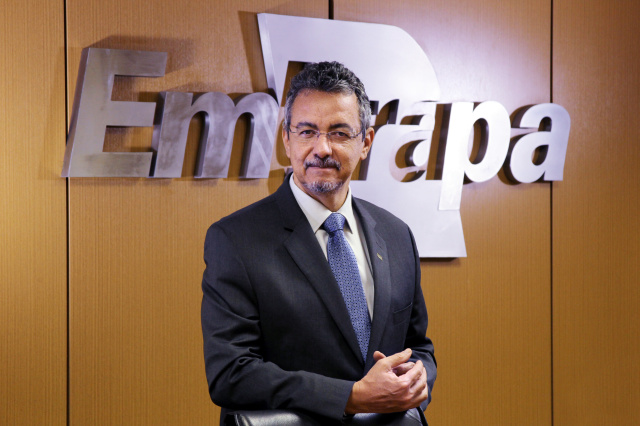Brazil in the bio-economy
Notícia publicada em:
- 15 de Junho de 2015
Sustainability entered permanently on the agenda of society. A significant example is the importance that the “corporate sustainability” gained in recent years. with a vague concept, it has become a must for the success of the companies, who need, increasingly, to deliver value and not just goods for society. Sustainability, although intangible, without physical existence, is today an essential value, which becomes an asset and competitive advantage in the business world.
“Corporate sustainability” requires business supported by good governance practices and social and environmental benefits, influencing economic gains, the competitiveness and success of organizations. The number of companies issuing sustainability reports increased from less than 30 in early 1990 to more than 7,000 in 2014. To operate like this, companies increase their ability to compete in increasingly demanding and challenging markets. And extend their durability due to the strengthening of the brand, reputation and credibility.
The interest for sustainability grows stronger as the society realize the limits of the dependent development model of non-renewable resources, in the context of gradual change of the aspirations of society, the search for energy security and new production possibilities. As the population grows in number and capacity of comsumption, also grows the wish that the economy uses more bio-based resources, recyclable and renewable, therefore more sustainable – and this is the basis of bio-economy.
The sophisticated technical basis of modern biotechnology already enables the creation of a vast range of new products and processes, such as renewable energy, functional and bio-strong foods , biopolymers, new materials, medicines and cosmetics. This allows Brazil to have a window of opportunity to participate in a meaningful way in this challenge, ensuring competitive space for innovative bio-based products and processes, in vital segments such as agriculture, health, and the chemical, materials and energy industry.
Biodiversity is the raw material essential to the future of bio-industry and Brazil has the greatest biological diversity on the planet, with many assets of great interest to trade and the economy. Through bio-economy the concrete possibilities arise for bio-sustainable use of this biodiversity, which involves challenges in many fields – biological, economic, political and cultural – all required to understand and anticipate plausible scenarios for the development of this new economic dimension.
A fundamental step for the construction of a national strategy on bio-economy was the adoption of law # 13,123, of May 20th, 2015, which simplifies and regulates access to the genetic heritage of the country and to the associated traditional knowledge, for the purpose of research and technological development. The law also directs the division, with the holders of such resources, of the benefits arising from economic exploitation of a product or reproductive material developed from these accesses, being them plants, animals or micro-organisms.
Other steps will need to be given as they follow, as the definition of a strategic agenda, which aims to priority areas for bio-industrial development of high potential of impact, in which Brazil presents greater competitive advantages. Such a schedule will allow the country to direct investments and the expansion of its science and technology basis, including the modernization of research infrastructure and innovation and incentives to entrepreneurship and public-private interaction.
With the bio-economy we can transform and streamline critical segments such as agriculture, which has put Brazil at the forefront of the production of food, fiber and energy in the world. Advances in biomass technology allow to preview a future in which sugar and ethanol mills in Brazil become biorefineries, producing wide range of chemicals. Embrapa has already mastered the biofactories technology, with production of pharmaceuticals and sophisticated industrial components in plant cells. In short, integrated systems combining crops, livestock and forest will allow us to produce meat, grains, fiber and energy with low carbon liquid emissions or, in some situations, with capture greater than emission.
What we see is only the tip of the iceberg, compared to what it is announced, for example, with synthetic biology − result of the convergence of the digital world with the biological world − that opens paths to an unusual range of biopharmaceuticals, bioinsumes and bio-products. We need to be prepared. The future will definitely be Bio.
The President of Embrapa participated in the VI Cycle of Debates on Bioethics, Diplomacy and Public Health, in May, at Fiocruz Brasília.
Check out the lecture at this link.
Image: www.embrapa.br





